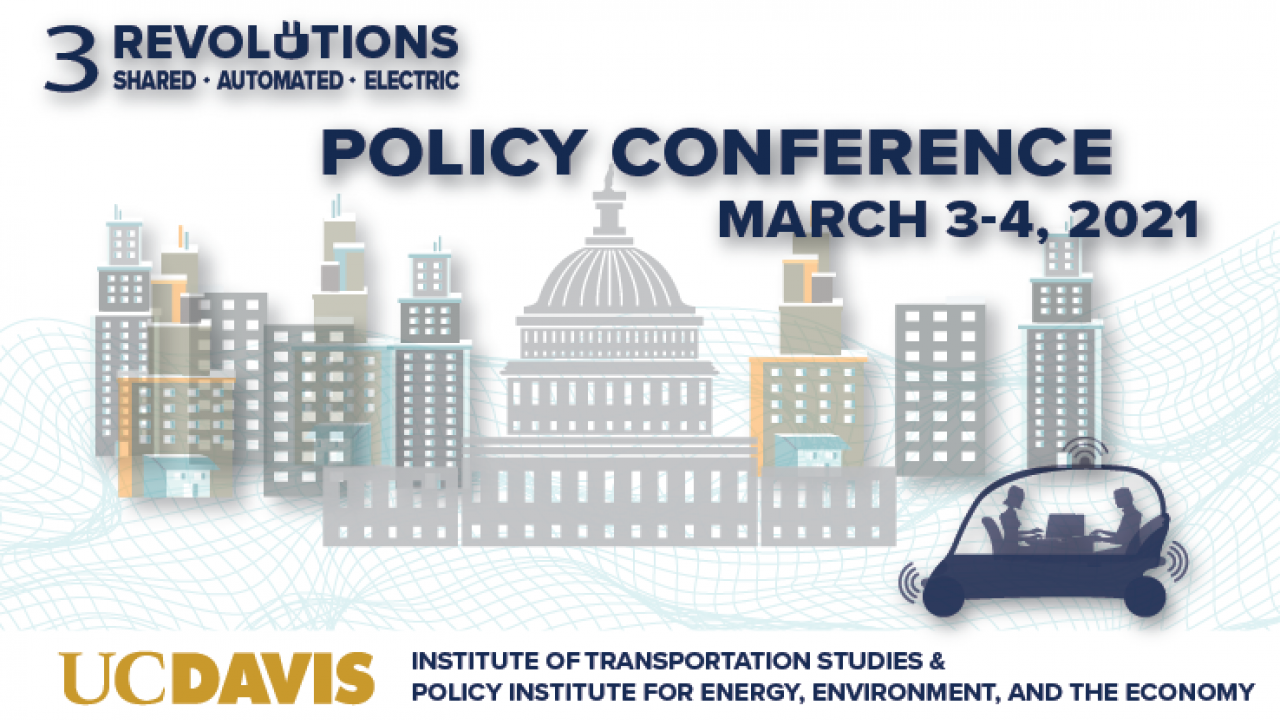
Event Date
If you have any questions regarding conference registration, please contact our Conference and Outreach Manager, Natalie Ruiz at natruiz@ucdavis.edu
Event Description
This was our pinnacle public event of the year for the 3 Revolutions Future Mobility Program at UC Davis. We see the 3 Revolutions (which are shared mobility, electrification and automation) as together mapping a blueprint for a sustainable and equitable transportation future. Each day of the session included several deep dive sessions showcasing leading voices in sustainable transportation. The first day focused on transit and automation.
CONFERENCE AGENDA in BRIEF
Day 1 Theme: Federal 3Rs Policy
(Video Recording of Each Session Linked Below or Scroll Down to See Detailed Agenda and View Embedded Videos and linked presentations)
- 8:30 a.m. Interactive Networking with Remo Platform
- 9:00 a.m. Keynote: Transit and New Mobility - Nathaniel P. Ford, Sr. CEO, Jacksonville Transportation Authority
- 9:45 a.m. Federal Agency and Industry Actions on Automated Vehicles (Video of session in Link)
- 11:00 a.m. Networking Break
- 11:45 a.m. Partnerships between Transit and new Mobility
- 1:15 p.m. Closing Remarks
- 1:30 p.m. Networking Sessions - By Topic
- 2:30 p.m. Adjourn
Day 2 Theme: State and Local 3Rs Policy Actions
- 8:30 a.m. Interactive Networking with Remo Platform
- 9:00 a.m. Welcome and Opening Remarks: COVID and Transportation Impacts
- 9:25 a.m. Electrification and Shared Mobility- Reducing Greenhouse Gas Emissions Per Passenger
- 10:45 a.m. Networking Break
- 11:15 a.m. Automation and Accessibility for Underserved People and Communities
- 12:30 Networking Break
- 12:45 p.m. Freight, Automation, and Urban Goods Movement
- 2:00 p.m. Closing remarks and Networking
- 2:30 p.m. Adjourn
CONFERENCE AGENDA in DETAIL
March 3, 2021 - Conference Day 1 of 2:
8:30 a.m. - 9:00 a.m. Interactive Networking with Remo Platform |
9:00 a.m. - 9:10 a.m. Welcome
|
9:10 a.m. - 9:45 a.m. Keynote - Transit and New MobilityNathaniel P. Ford Sr., CEO, Jacksonville Transportation Authority |
9:45 a.m. - 11:15 a.m. Federal Agency and Industry Actions on Automated VehiclesThis executive level session discussed key questions surrounding automated vehicle policy. The panel discussed AV regulation and/or legislation on the federal level. This included the proposed federal Framework for AV Safety, and also addressing the timing of this regulatory process in the context of the priorities for the new administration. Other topics for discussion might include AV data collection, mechanisms shared passenger service, as well as strategies to mitigate emissions impacts of automated vehicles in testing and deployment. Speakers: (Session had no slides)
|
11:15 a.m. - 11:45 a.m. Remo Networking Break |
11:45 a.m. - 1:15 p.m. Partnerships between Transit and new MobilityThis session addressed current public transit challenges and opportunities, considering the effects of COVID-19 and the expectations about some lingering mode choice effects. The session focused on whether partnerships between transit and new mobility providers represent a viable solution to enable transit innovation and make transit service more competitive. Topics for discussion will include fare free transit, the role of on-demand transit, and increasing flexibility for transit funding. Speakers:
|
1:15 p.m. - 1:30 p.m. Closing Remarks |
1:30 p.m. - 2:30 p.m. Networking Sessions - By Topic |
March 4, 2021 - Conference Day 2 of 2
8:30 a.m. - 9:00 a.m. Interactive Networking with Remo Platform |
9:00 a.m. - 9:25 a.m. Welcome and Opening Remarks: COVID and Transportation Impacts
|
9:25 a.m. - 10:45 a.m. Electrification and Shared Mobility- Reducing Greenhouse Gas Emissions Per PassengerThis session discussed strategies for decarbonizing mobility through improving travel efficiencies - from strategic electrification of fleets to reducing overall vehicle travel and increasing occupancy per travel. This dual focus aims to underscore that electrification alone is likely not enough— and a multi-modal shift towards shared mobility will be critical in reducing greenhouse emissions on a per passenger travel (GHG/PMT) basis. California’s Clean Miles Standard Program is proposing this dual-pronged approach and is paving a Transport Demand Management (TDM) regulatory policy to target both vehicle emissions and overall fleet occupancy in order to reduce emissions from ridehailing vehicles, while encouraging connectivity to transit and micromobility. Topics for discussion included electrifications targets (public and private sector) and their projected impact, the role of occupancy-based policy (such as road pricing), and other TDM transportation policies of high decarbonization value.
|
10:45 a.m. - 11:15 a.m. Remo Networking Break |
11:15 a.m. - 12:30 p.m. Automation and Accessibility for Underserved People and CommunitiesThis session addressed automation accessibility and equity. This session included a discussion of what states and regulators are doing to address the need for accessibility of automated vehicles, and equitable access to services. For automation to benefit people with disabilities, the vehicles will need to be wheelchair accessible, with securement, and provide human-machine interfaces that can communicate with people with sensory as well as intellectual and developmental disabilities. The discussion also addressed what regulatory tools might ensure accessibility to AVs doesn’t repeat the historic race and income-based inequities of the broader U.S. transportation system.
|
12:30 p.m. - 12:45 p.m. Remo Networking Break |
12:45 p.m. - 2:00 p.m. Freight, Automation, and Urban Goods MovementThis session addressed the changing local delivery industry landscape, addressing questions about what policy levers can mitigate the climate impacts of shipping, while focusing on the multi-modal urban freight interactions. The panel also addressed how policy will affect the evolution of the automated local goods movement industry, and address freight travel and the workforce implications of these trends.
|
2:00 p.m. -2:30 p.m. Closing Remarks and Remo Networking |
Speaker bios (In order of Appearance)
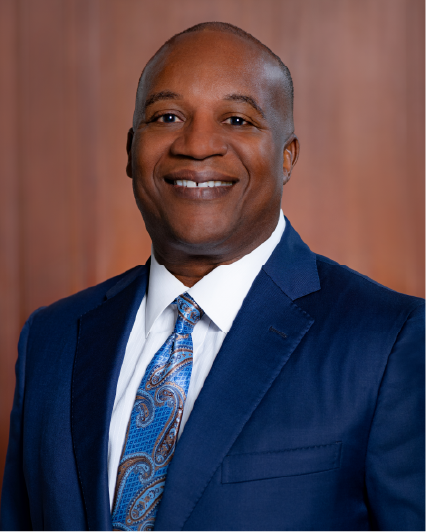
Nathaniel P. Ford Sr., CEO, Jacksonville Transportation Authority |
Nathaniel P. Ford Sr. is Chief Executive Officer of the Jacksonville Transportation Authority (JTA) and past Chair of the American Public Transportation Association (APTA). His distinguished career spans more than four decades, including tenures as CEO of the San Francisco Municipal Transportation Agency and the Metropolitan Atlanta Rapid Transit Authority. |
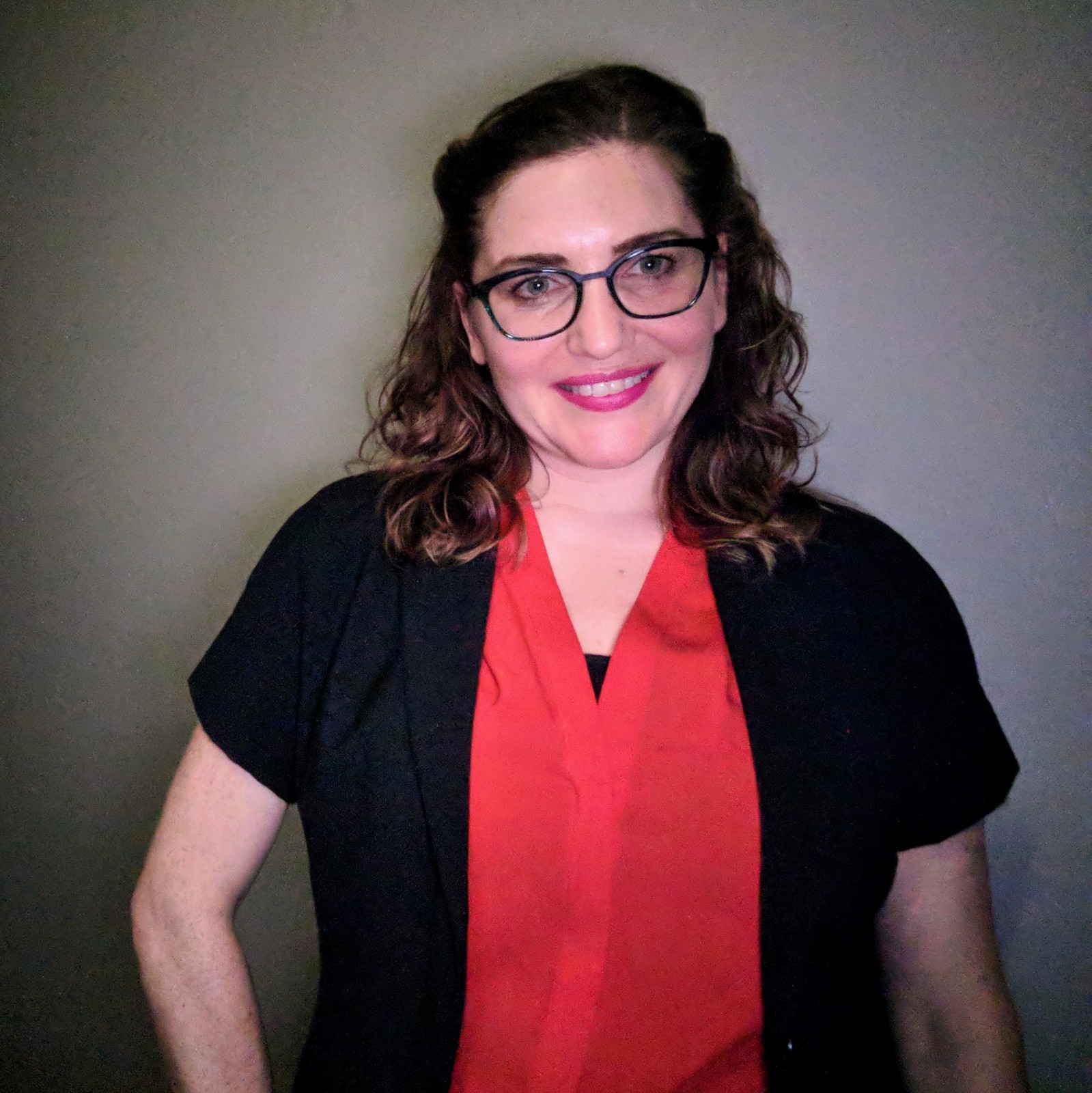
Mollie, Policy Director, 3 Revolutions Future Mobility Program, UC Davis Policy Institute for Energy, Environment, and the Economy |
Mollie Cohen D’Agostino is Policy Director for the 3 Revolutions Future Mobility Program at UC Davis, where she and her team tackle the 3 Revolutions in transportation- vehicle automation, electrification, and shared mobility. This innovative program aims to inform policy through rigorous research and impartial policy analysis. The program is hosted by two UC Davis institutes: the Institute of Transportation Studies and the Policy Institute for Energy, Environment, and the Economy. |
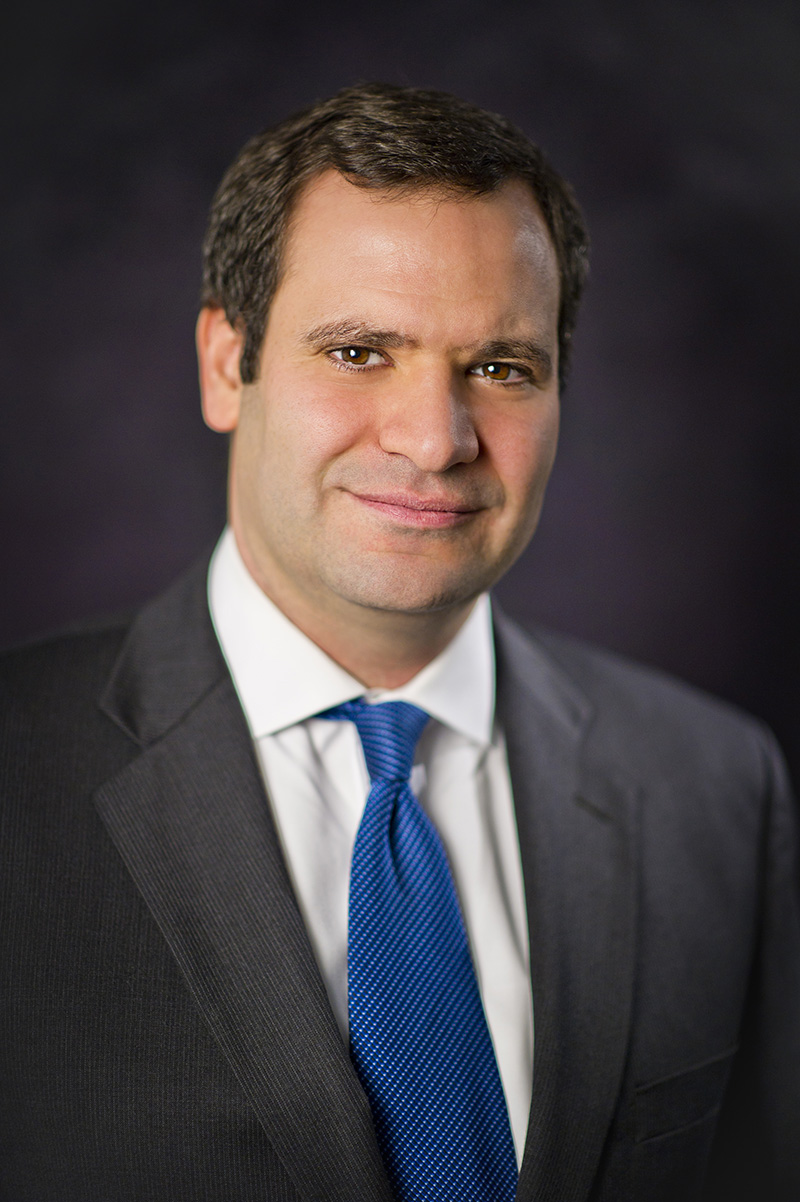
Robbie Diamond, Founder, President and CEO, SAFE |
Robbie Diamond is the Founder, President and CEO of Securing America’s Future Energy (SAFE). In 2006, he came together with Frederick W. Smith, Chairman, President, and CEO of FedEx Corporation, and General P.X. Kelley, USMC (Ret.), 28th Commandant of the Marine Corps, to form SAFE’s Energy Security Leadership Council, a group of prominent business leaders and retired senior military officers dedicated to combating the nation’s dangerous dependence on oil. Since then, SAFE and the ESLC have been at the forefront of the energy policy debate, successfully helping to shape legislation in 2007 and shepherd a new, comprehensive energy bill through the Senate Energy Committee in 2009. |
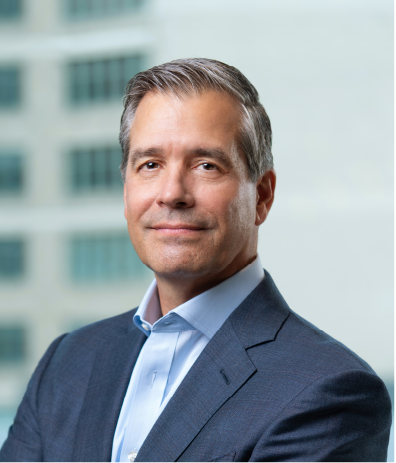
John Bozzella, President and CEO, Alliance for Automotive Innovation |
Alliance for Automotive Innovation President and CEO John Bozzella is an auto industry veteran. Before serving as head of Auto Innovators, as the organization is also known, John served as president and CEO of the Association of Global Automakers, one of the preceding organizations to Auto Innovators. He assumed that position in 2014. Global Automakers included the U.S operations of international automobile and light-duty truck manufacturers selling products in the United States. Previously, John served as a Senior Operating Executive for Cerberus Operations and Advisory Company, LLC, and as Senior Vice President of External Affairs and Public Policy at Chrysler Group. His background also includes positions at DaimlerChrysler Corporation and Ford Motor Company. |
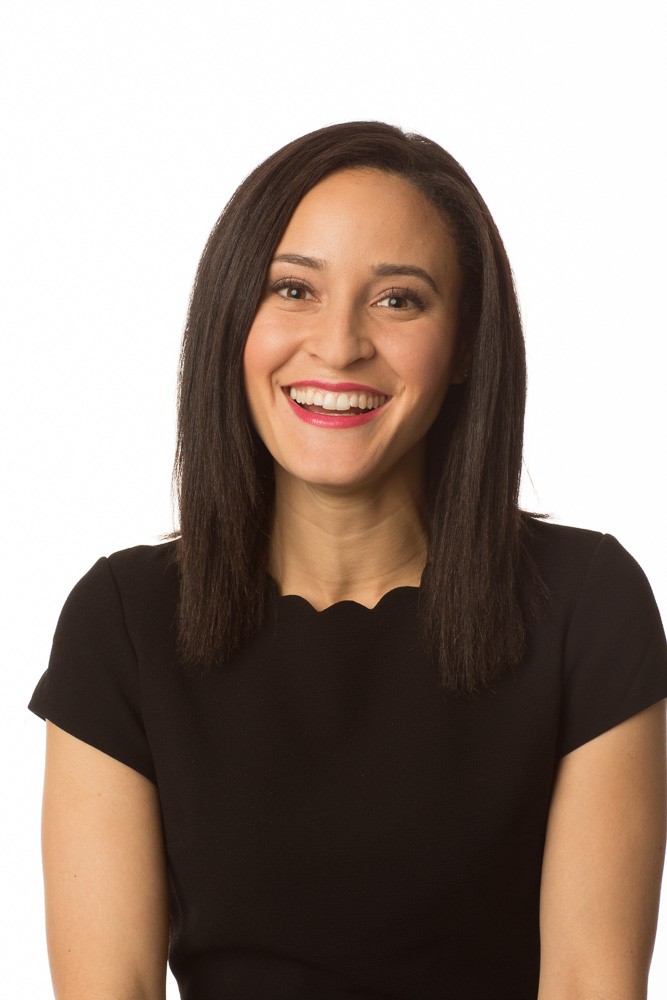
Candice Plotkin, Director, Legal and Regulatory Policy, Government Affairs |
Candice Plotkin is the Director of Legal and Regulatory Policy at Cruise. In that role, she establishes and advances Cruise's policy priorities on existing and proposed laws affecting autonomous vehicles, ride-hailing, product cybersecurity, and data privacy. Prior to Cruise, Candice served as the Director of Legal and Regulatory Affairs at Lyft, where she managed legal regulatory guidance on product lines and initiatives, including autonomous vehicle technology. Prior to working in the technology sector, she was an associate at Covington & Burling LLP. She is originally from the Bronx and received both her undergraduate and Juris Doctorate degrees from Harvard University. |
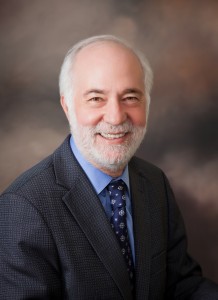
Dan Sperling, Founding Director, Institute of Transportation Studies at UC Davis, Distinguished Blue Planet Prize Professor of Civil and Environmental Engineering, and Environmental Science |
Dr. Dan Sperling is a Distinguished Blue Planet Prize Professor of Civil Engineering and Environmental Science and Policy, founding Director of the Institute of Transportation Studies, and founding chair of the Policy Institute for Energy, Environment, and Economy at the University of California, Davis. The Institute is staffed by over 150 faculty, staff, and student researchers. He was Interim Director of the UC Davis Energy Efficiency Center from 2008-10, and the UC Davis Energy Institute from 2013-15. Dr. Sperling holds the “automotive engineering” seat on the California Air Resources Board. In this position he oversees policies and regulations on climate change, low carbon fuels and vehicles, and sustainable cities. In 2013, he served as Chair of the California Fuel Cell Partnership, and in 2015 as Chair of the Transportation Research Board (National Academies). Dr. Sperling is recognized as a leading international expert on transportation technology assessment, energy and environmental aspects of transportation, and transportation policy. He was co-director of the 2007 study that designed California’s landmark low carbon fuel standard and co-director of a follow-up 2010 national study. He has testified 7 times to the US Congress and in 2008 was appointed the first chair of the “Future of Transportation” Council of the Davos World Economic Forum. He has presented 800 talks in his career, including 10-20 keynote and “distinguished speaker” presentations per year in recent years. In the past 30 years, he has authored or co-authored over 250 technical papers and 13 books, including Two Billion Cars (Oxford University Press, 2009) and Three Revolutions: Steering Automated, Shared and Electric Vehicles to a Better Future (Island Press, 2018). |
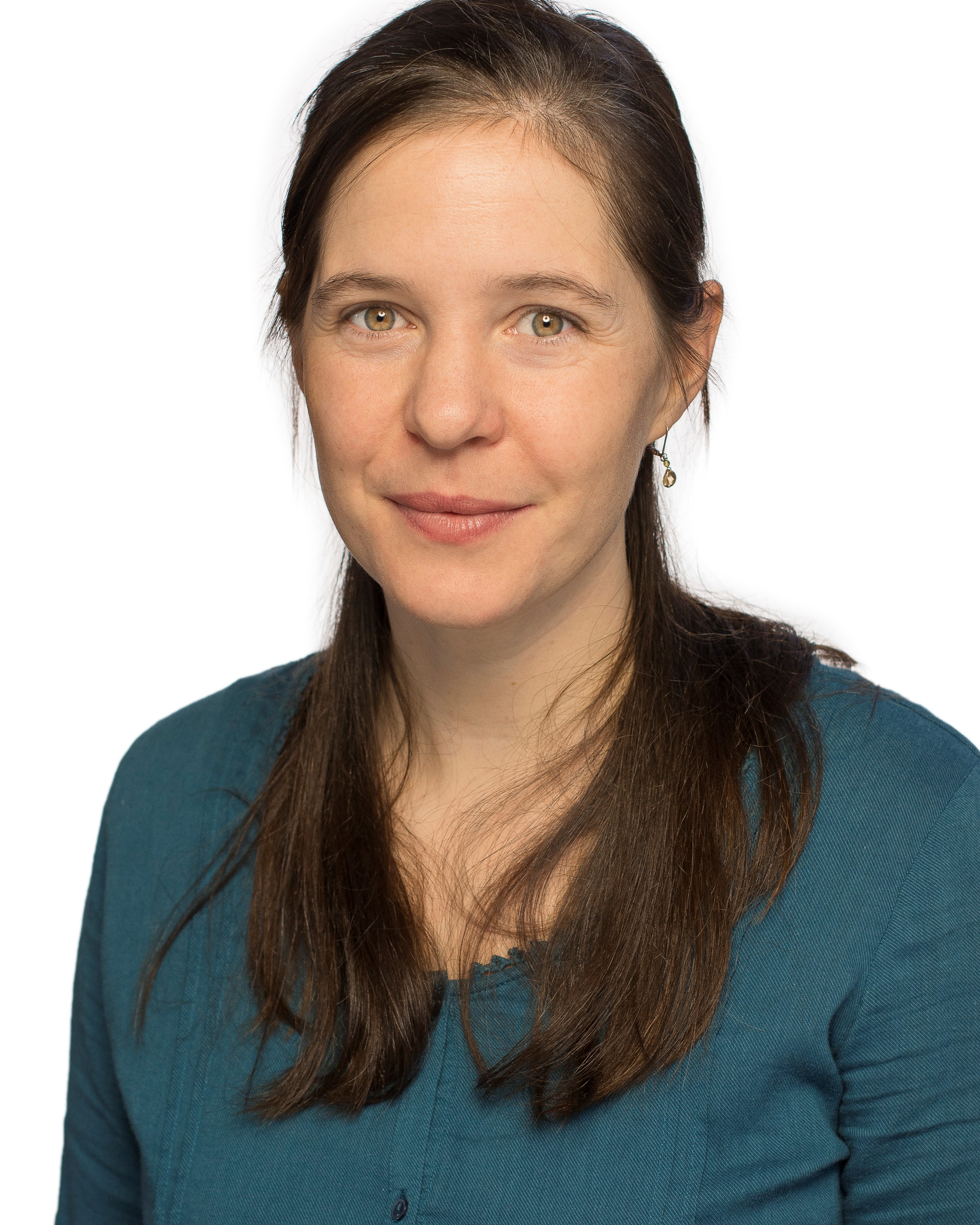
Susan C. Pike, Faculty Researcher, Institute of Transportation Studies at UC Davis |
Dr. Susan C. Pike is a faculty researcher at the UC Davis Institute of Transportation Studies. Her research covers study travel behavior and sustainable transportation with an increasing focus on the use of and planning for public transportation. Dr. Pike studies the interplay between environmental policy and individual decisions. Her projects include an interview-based study with transportation stakeholders throughout California to assess their perspectives on the potential impacts of ridehailing. In other work she investigates the decision-making processes that lead to partnerships between transit agencies and ridehailing companies. This study identifies necessary conditions for partnerships to form including internal agency support, and the presence of a policy entrepreneur; as well as barriers to partnerships such as the existence of too many potential challenges and in particular inconsistent understanding of relevant regulations. |
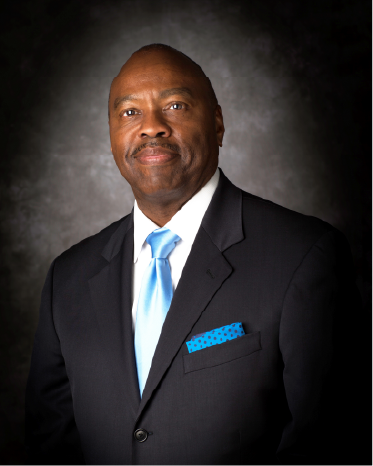
Phillip A. Washington, CEO, LA Metro |
Phillip A. Washington is the Chief Executive Officer of the Los Angeles County Metropolitan Transportation Authority. As the CEO of Metro, he leads an agency that runs the United States’ third-busiest transit system with 2,200 clean air buses, six rail lines covering 98 miles and four additional rail projects in construction. |
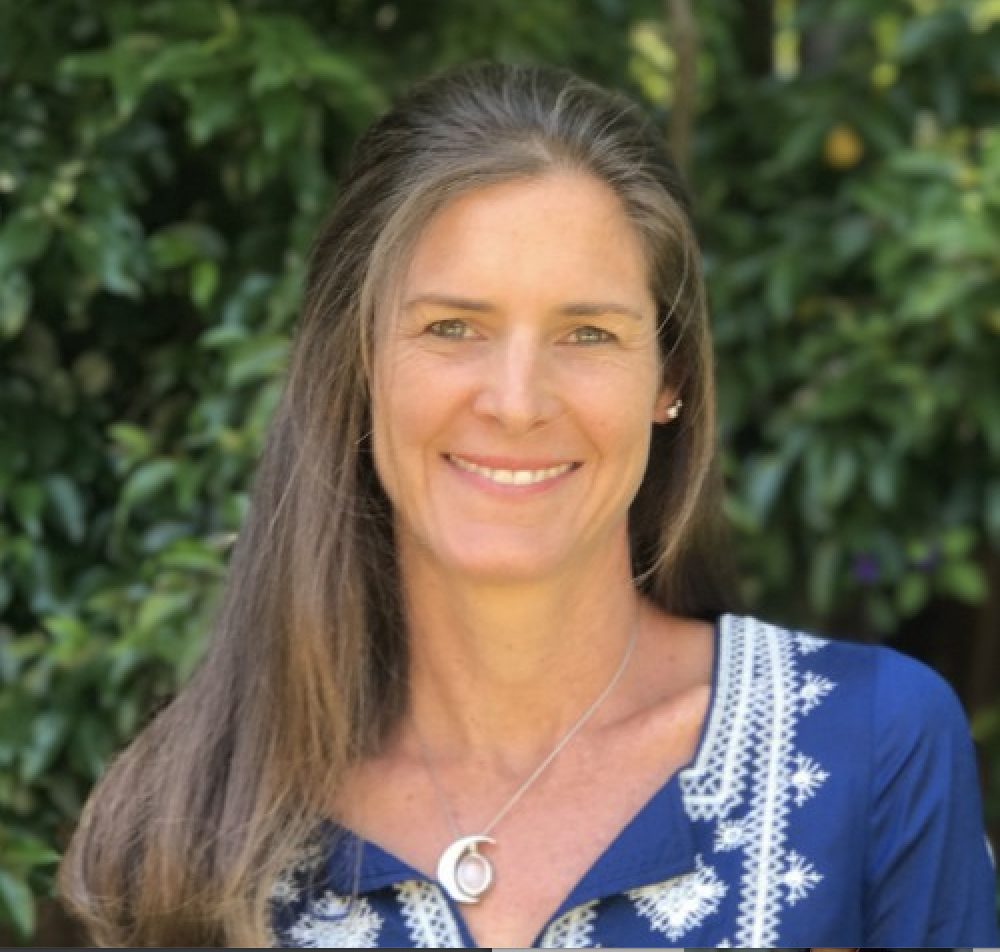
|
Krista Glotzbach is the head of US Partnerships supporting the Western United States at Via, the world’s preeminent provider of digital infrastructure to power public mobility systems. Krista consults with cities, transit agencies, and private transit operators, helping them evaluate microtransit as a complement to their transportation networks. Prior to Via, Krista served as the Strategic Accounts and APAC lead for Tamr Inc., an enterprise data unification company who’s platform unifies data to deliver tangible business-changing insights. Krista holds a B.A. in Economics and Japanese from Stanford University. |
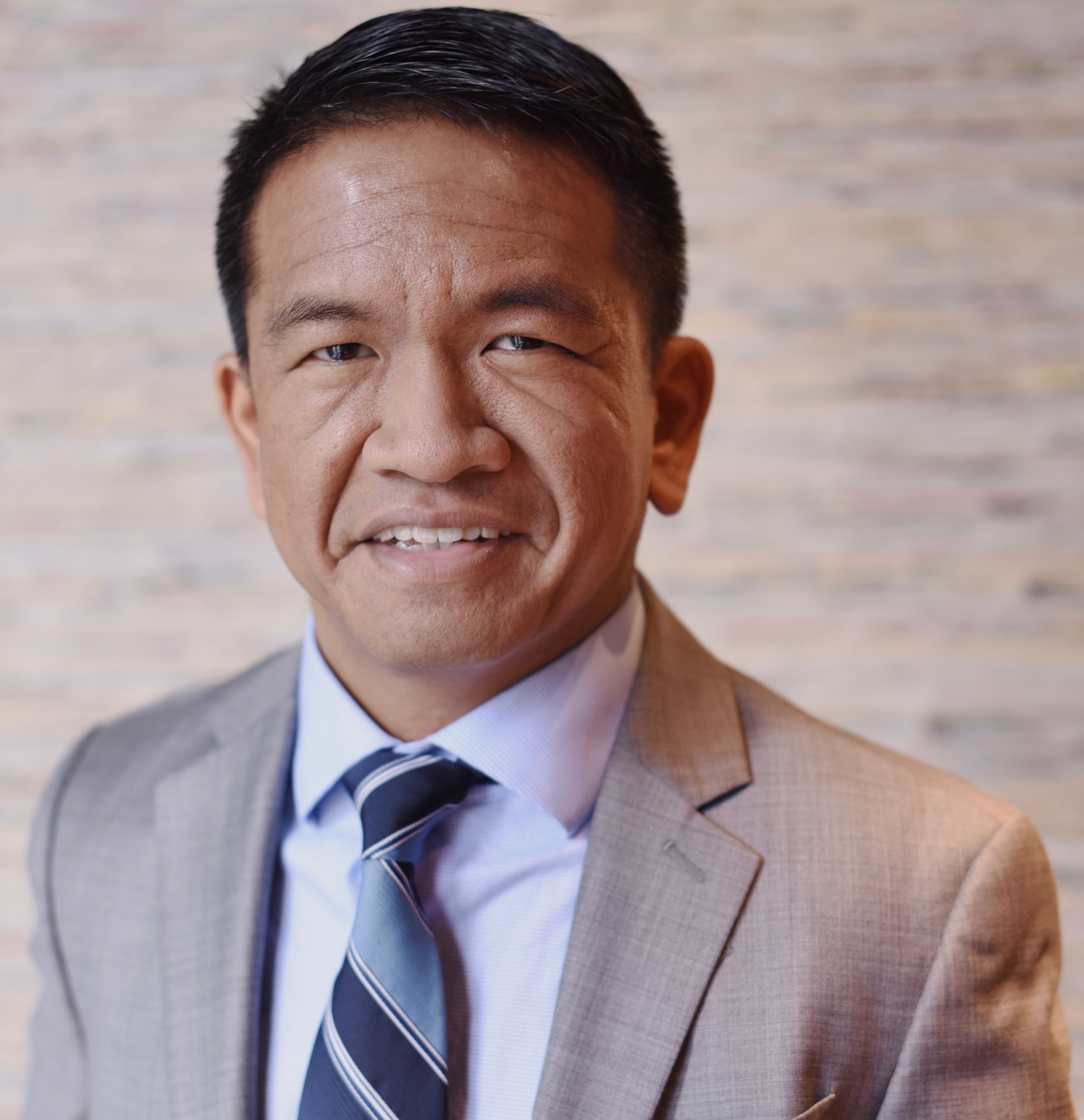
|
Chris Pangilinan is the Head of Global Policy for Public Transportation and Accessibility at Uber. In this role, Chris works to help public transportation agencies and riders harness Uber's technology platform to make transit more convenient and easier to use. Prior to joining Uber, Chris served in various roles in advocacy, and local and federal government. |
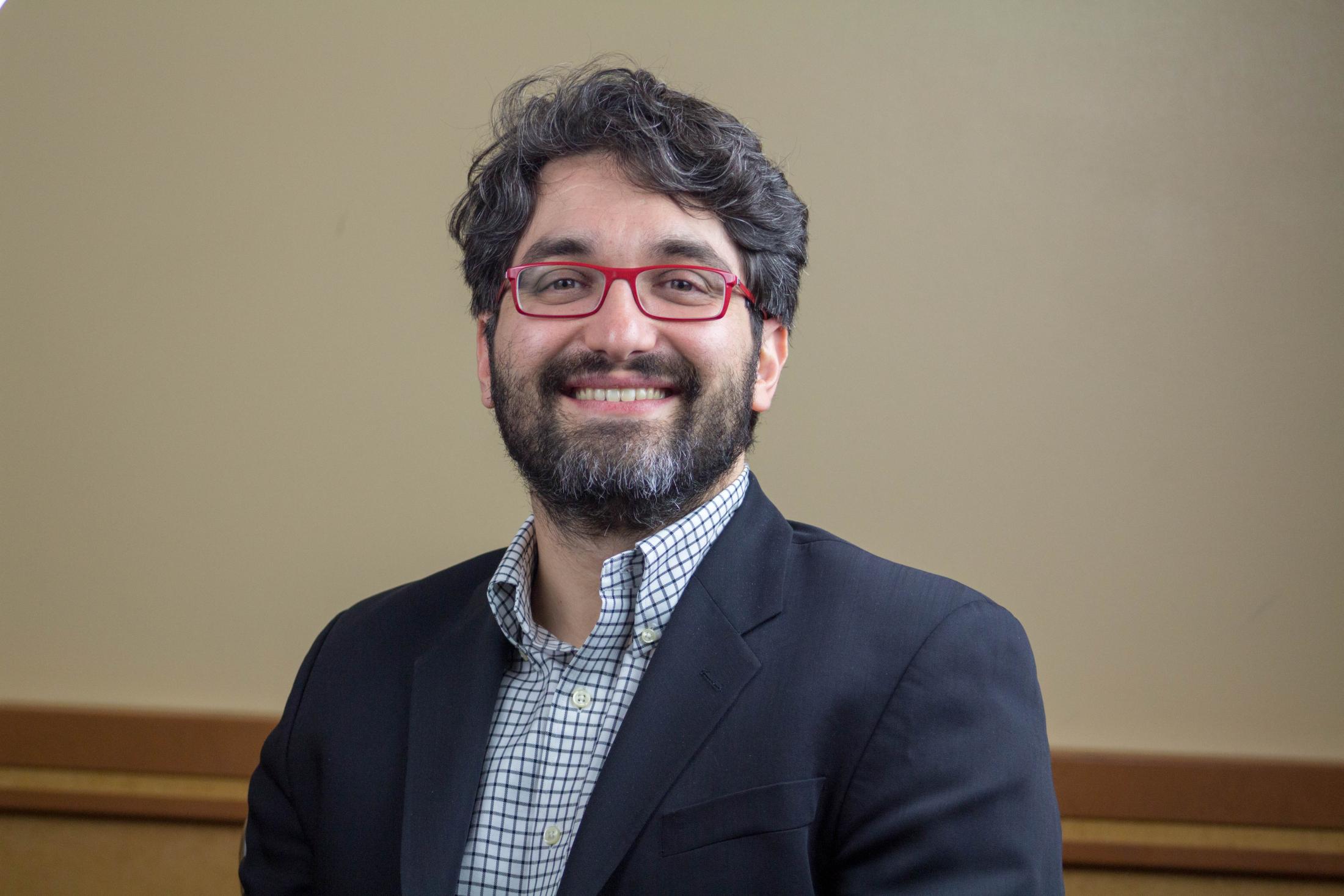
Giovanni Circella, Director, 3 Revolutions Future Mobility Program, Faculty Researcher, Institute of Transportation Studies |
Dr. Giovanni Circella is the Director of the 3 Revolutions Future Mobility Program at the University of California, Davis, and a Senior Research Engineer in the School of Civil and Environmental Engineering of the Georgia Institute of Technology. Dr. Circella’s research interests include travel behavior, travel demand modeling, travel survey methods, emerging transportation services, shared mobility, autonomous vehicles and policy analysis. His recent research has focused on the impacts of individual attitudes, land use features, information and communication technology (ICT), shared mobility and ridehailing (e.g. Lyft and Uber) on travel behavior and auto ownership, and the mobility patterns of specific population segments (e.g.“millennials”) and in various regions of the U.S., Europe, South America and the Middle East. gcircella@ucdavis.edu https://its.ucdavis.edu/people/giovanni-circella/ |
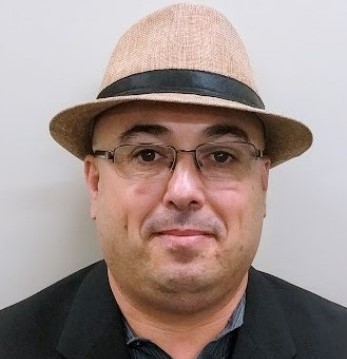
Gil Tal, Director, Plug-in Hybrid and Electric Vehicle Center, UC Davis |
Dr. Gil Tal is the Research Director of the The Plug- in Hybrid & Electric Vehicle Research Center as well as the Transportation Research Director of The China Center for Energy and Transportation at UC Davis, respectively. He holds an M.A. in geography and environmental policy and planning from the Hebrew University in Jerusalem and a PhD in Transportation Technology and Policy from UC Davis. He is current working on projects analyzing the future need for electric vehicle infrastructure, and the correlation between charging infrastructure, travel behavior, and demand for EVs. His numerous publications and various research projects makes him an ideal panelist for Electric Vehicle Market Preparation for Shared, Electric, and Autonomous Vehicles. |
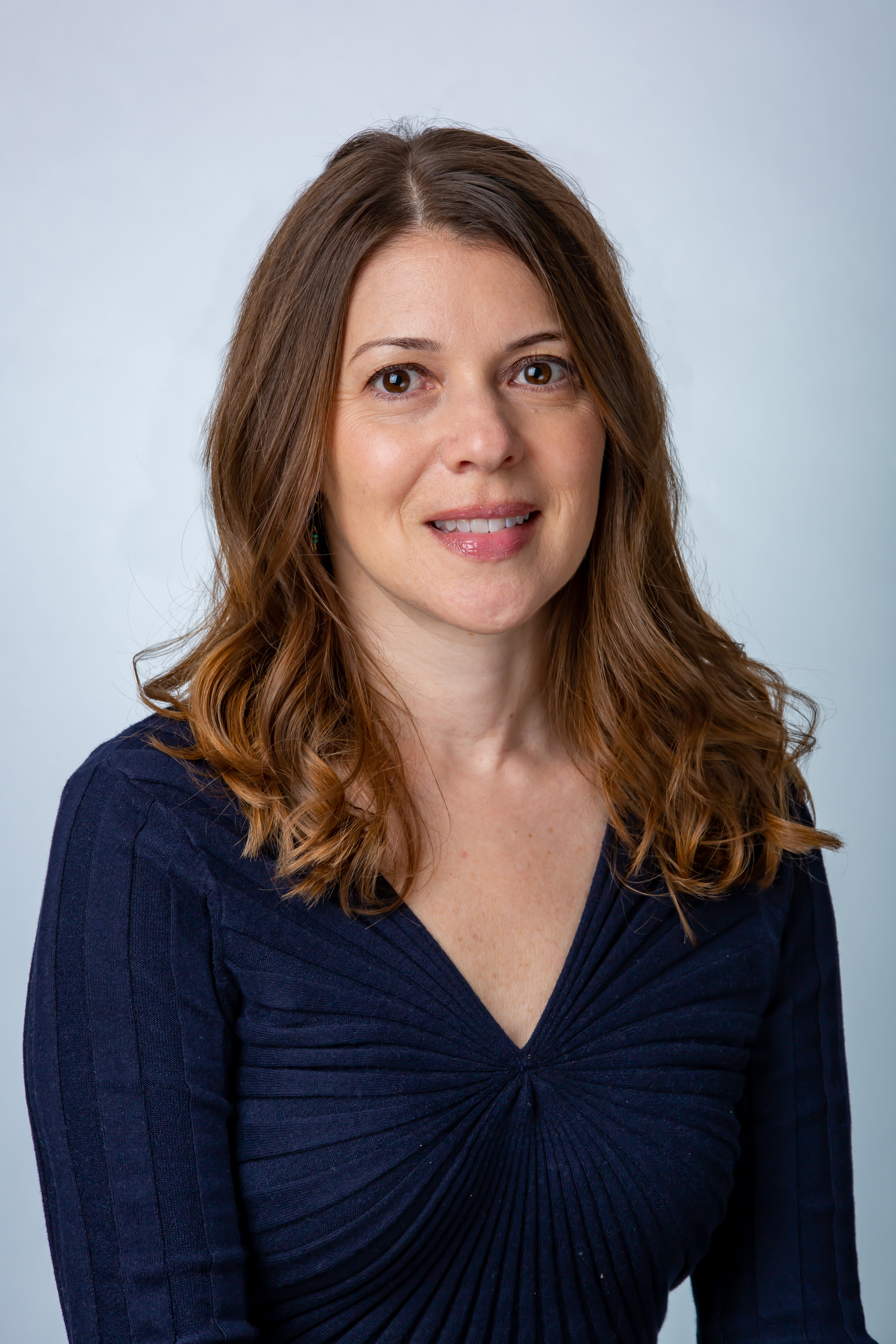
Holly Gordon, VP Policy, Spin |
Holly Gordon is the Vice President of Policy at Spin, a shared electric micromobility provider, which operates as a subsidiary of Ford. Holly leads Public Policy, Public Affairs and Policy Initiatives (including Spin’s Sustainability, Safe Streets, and Equity programs) globally for Spin. Prior to Spin, Holly was Head of Policy at Ike, an automated truck technology company, which was recently acquired by Nuro. Prior to Ike, Holly led BART’s newly formed Sustainability team, focusing on reducing the transit agency’s carbon footprint. Prior to BART, Holly led Government Affairs for Sunrun, helping to grow the company's footprint from 3 states to 10 states and from 400 customers to over 35,000 customers. Holly was elected to and served on the Executive Committee of the Solar Energy Industries Association as the State Policy Chair, and she co-founded and was President of the Large-scale Solar Association. Holly led cases and taught at the Stanford Law School Environmental Law Clinic and at Chicago-Kent’s Program in Environmental and Energy Law. She also served as an adjunct environmental law professor at the University of San Francisco and Northwestern University. Holly received a J.D. from Chicago-Kent College of Law and a B.A. in Economics from Washington University in St. Louis. She is currently a member of the Board of Directors of the Giffords Law Center to Prevent Gun Violence. |
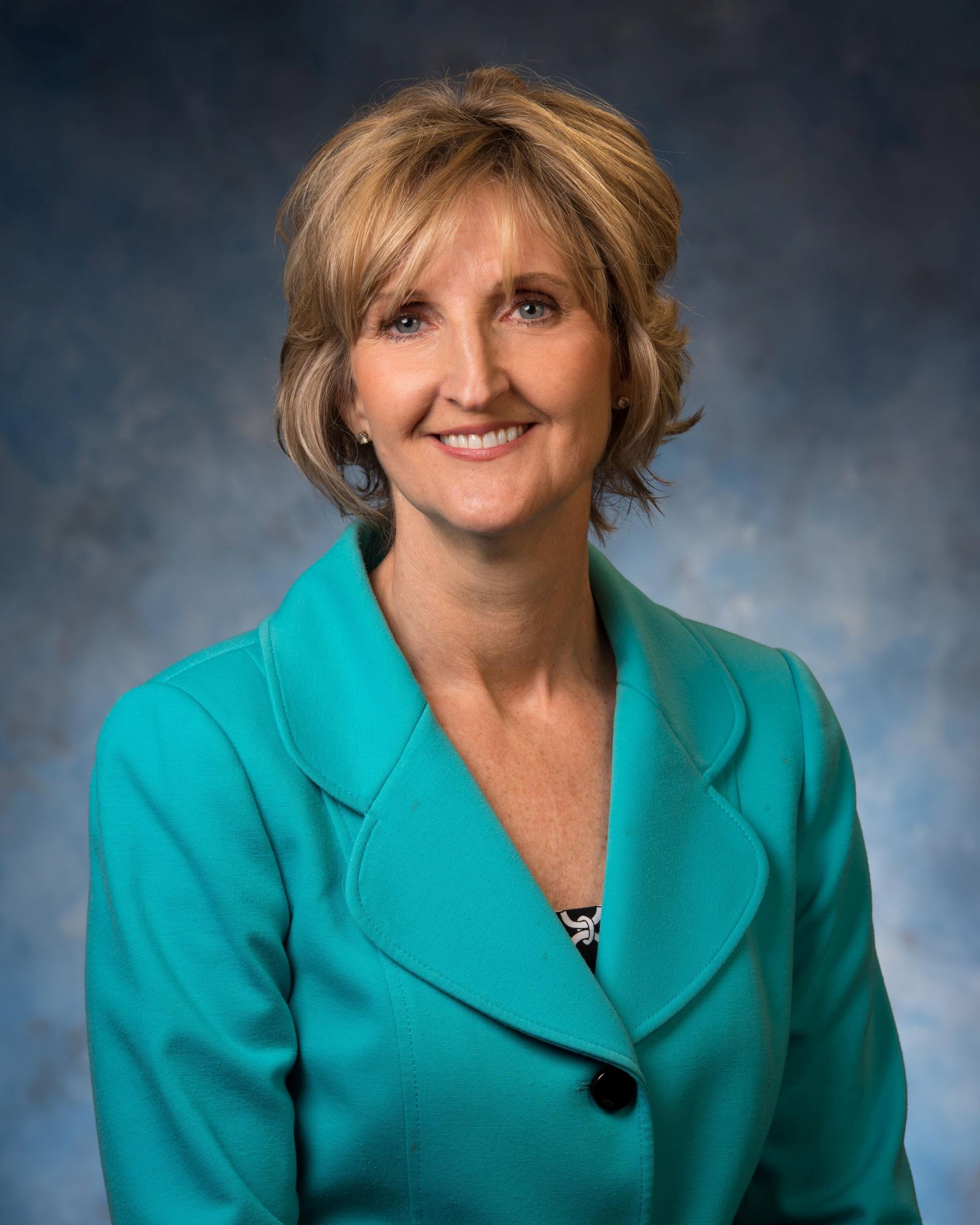
Britta Gross, Managing Director, Mobility, RMI |
Britta Gross is the Managing Director of RMI’s mobility practice area, focused on the market-driven strategies and technologies required to accelerate towards carbon-free mobility solutions. Ms. Gross was formerly the Director of Advanced Vehicle Commercialization at General Motors, responsible for the energy and infrastructure strategies, partnerships, and policies required to enable the commercialization of battery electric and hydrogen fuel cell electric vehicles. Britta is also currently a Commissioner for the Orlando Utility Commission, Orlando’s electric and water utility. |
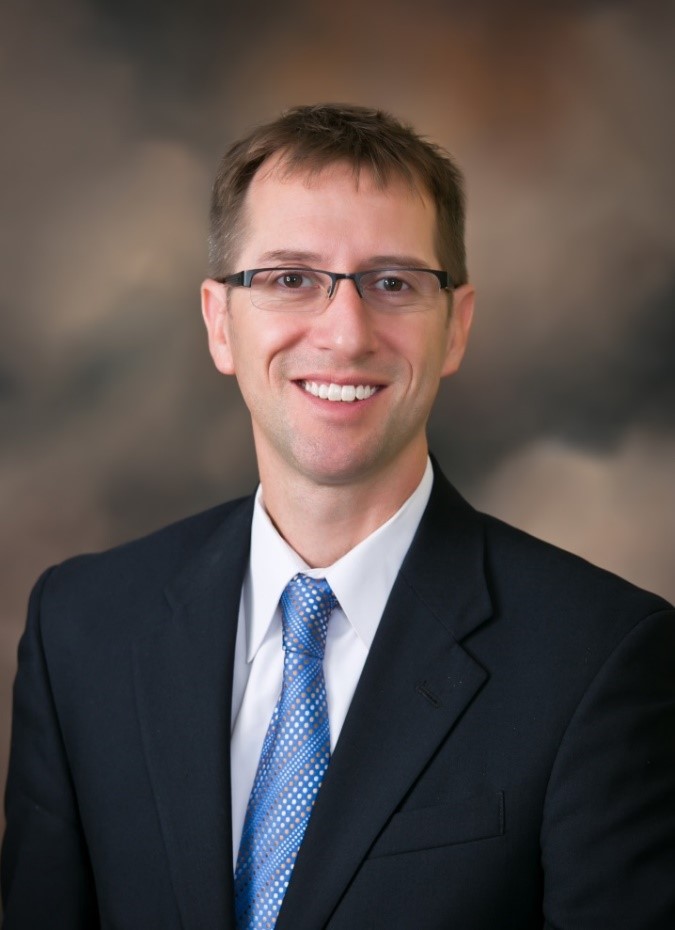
Joshua Cunningham, Branch Chief of the Advanced Clean Cars, California Air Resources Board |
Joshua Cunningham is the Branch Chief of the Advanced Clean Cars Branch at the California Air Resources Board. This branch develops and implements the Advanced Clean Cars regulations, which includes the Low Emission Vehicle (LEV) greenhouse gas and criteria emission vehicle standards, and the Zero Emission Vehicle (ZEV) regulation. Additionally, the branch is developing the Clean Miles Standard (CMS), setting sustainability requirements for the ride hailing industry in California. The branch manages a number of programs to support the growth of the zero emission vehicle market, including fueling infrastructure, consumer outreach, and multi-agency planning. |
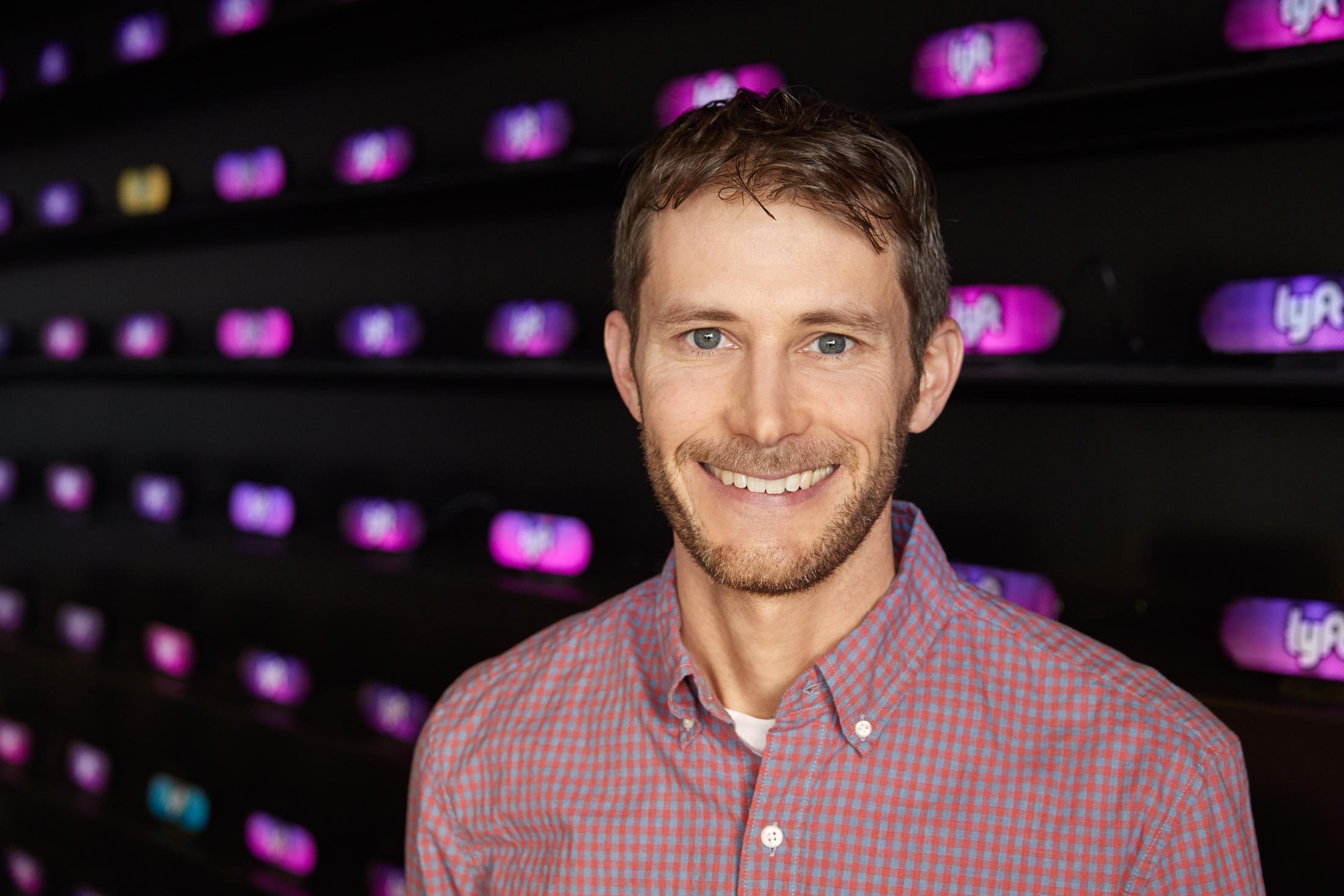
Sam Arons, Director of Sustainability
|
Sam Arons joined Lyft in 2018 as the Director of Sustainability, where he oversees Lyft’s sustainability and climate impact efforts. Lyft was one of the first companies to join former New York City Mayor Michael Bloomberg’s “We Are Still In” movement to pledge its commitment to the Paris Climate Accord. In 2020, Lyft made an industry-leading commitment to reach 100% electric vehicles on the Lyft platform by 2030. Prior to Lyft, Sam spent 10 years at Google as Senior Lead for Energy & Infrastructure, where he co-led Google's achievement of 100% renewable energy in 2017, making Google the largest non-utility purchaser of renewable energy on the planet to-date with over 3 GW of wind & solar energy under contract. Before Google, Sam earned a BA in Physics from Williams College and an MS in Energy and Resources from UC Berkeley, where his research focused on wind energy and plug-in vehicles, respectively. Further details are available at linkedin.com/in/sarons. |
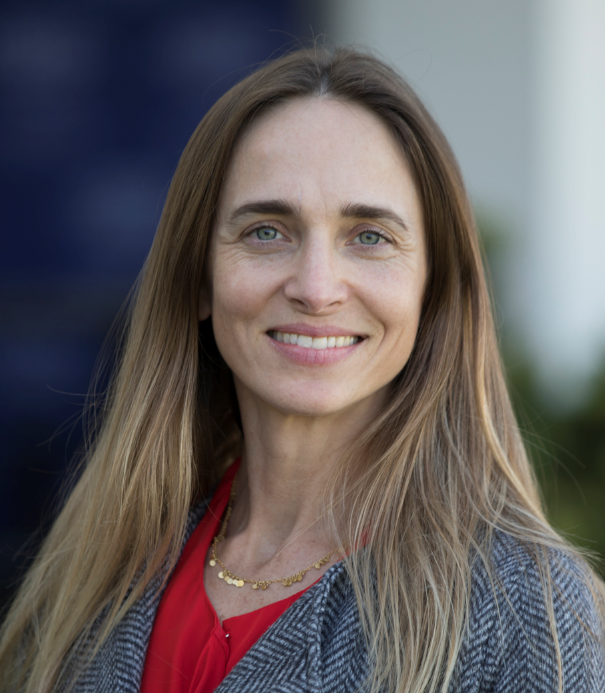
Maya Ben Dror, Sustainable Automotive and Mobility, World Economic Forum |
Maya Ben Dror has over a decade of global work experience in public, private and third sector settings focused on clean-tech and sustainable transportation. At the World Economic Forum, Maya leads Sustainable Automotive and Mobility workstreams, including the scaling automotive fleet and infrastructure finance, the Circular Cars Initiative, Moving India, and Last Mile Ecosystem. Maya initiated the Forum’s Global New Mobility Coalition to advance a synced approached the shared, electric and automated mobility for maximizing sustainability of urban transport systems. Maya also initiated the Forum’s AV Policy Framework work in partnership with the Israel’s Centre for the Forth Industrial Revolution, Innovation Authority and Ministry of Transport. Previously, Maya was a Director at the Innovation Center for Energy and Transportation (iCET), where she initiated and led successful projects such as China’s adoption of the notorious ZEV-credits mandate. As a Global Corporate Strategy and Development Associate at Better Place, Maya formed multi-stakeholder partnerships for accelerating EV adoption. Maya served as Israel’s Trade Officer to China, where she facilitated numerous bilateral exchanges and investments. She holds a PhD in dynamic transportation policy and technology transition from Israel Institute of Technology (Technion), M.S. in Environmental Change and Management from the University of Oxford, and B.S. in Economics and East Asian Studies from the Hebrew University (cum laude). |
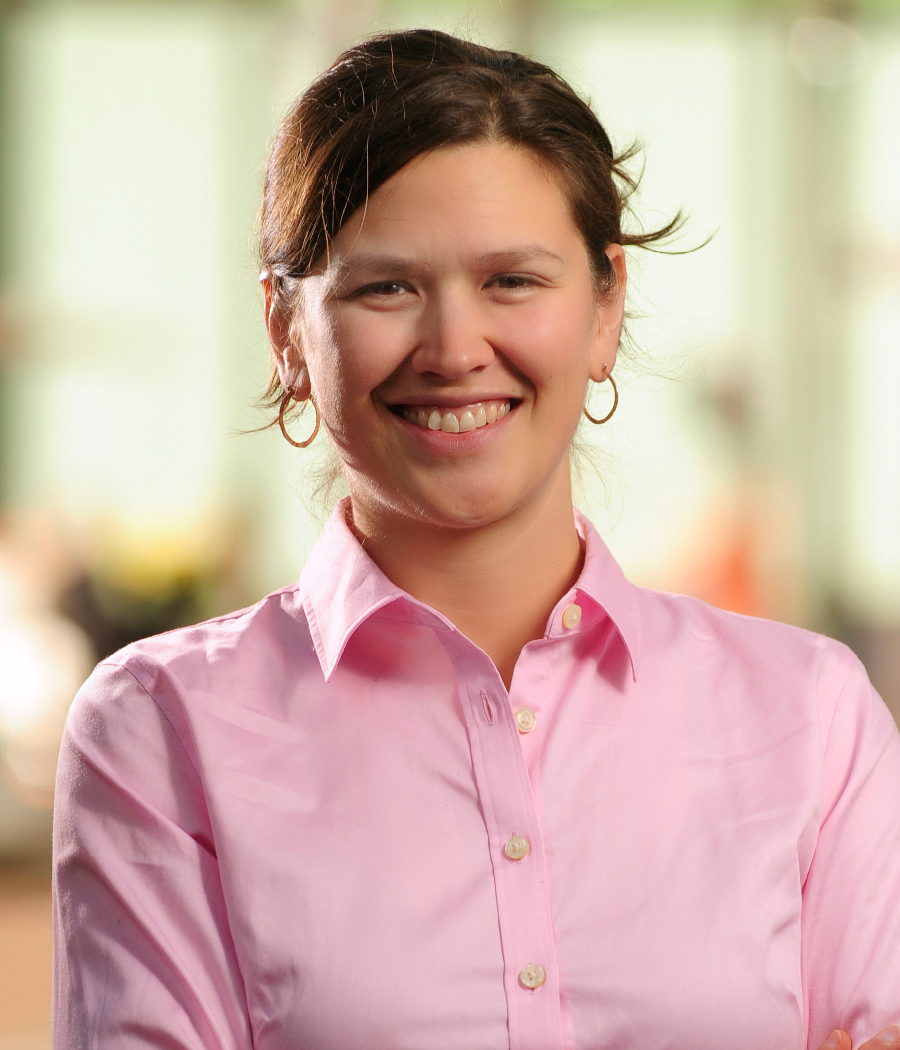
Terra Curtis, Transportation Policy Supervisor, California Public Utilities Commission |
Terra Curtis approaches transportation challenges with an entrepreneurial spirit. She is motivated by a vision to advance the public interest by pursuing alignment between policy and industry goals. Currently, Terra leads the transportation analysis and policy team at the California Public Utilities Commission, which advises the Commission on issues related to emerging mobility providers, such as transportation network companies and autonomous vehicles. She formerly co-led Nelson\Nygaard Consulting Associates’ Emerging Mobility practice. Recognized as a national thought leader, Terra was selected to participate in Transit Center’s first Women Changing Transportation Program cohort in 2019. She lives, works, and travels by bike with her daughter and husband in San Francisco, California. |
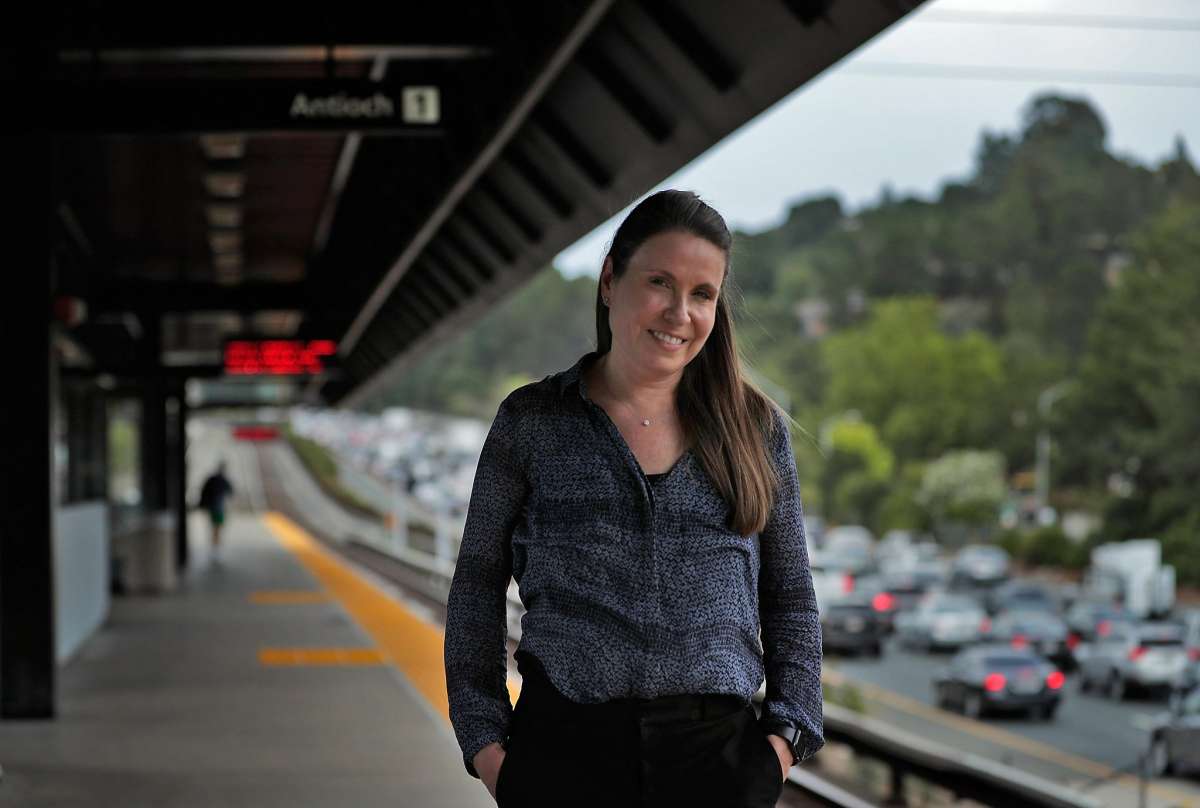
Susan Shaheen, Director UC-Institute of Transportation Studies, Resilient and Innovative Mobility Initiative, Chair TRB Executive Committee |
Dr. Susan Shaheen is a pioneer in future mobility strategies. She was among the first to observe, research, and write about changing dynamics in shared mobility and the likely scenarios through which automated vehicles will gain prominence. She is an internationally recognized expert in mobility and the sharing economy and a professor in-residence in Civil and Environmental Engineering at UC Berkeley. She co-directs the Transportation Sustainability Research Center (TSRC) of the Institute of Transportation Studies - Berkeley. She was the first Honda Distinguished Scholar in Transportation at the Institute of Transportation Studies at UC Davis from 2000 to 2012. She served as the Policy and Behavioral Research Program Leader at California Partners for Advanced Transit and Highways from 2003 to 2007, and as a special assistant to the Director’s Office of the California Department of Transportation from 2001 to 2004. |
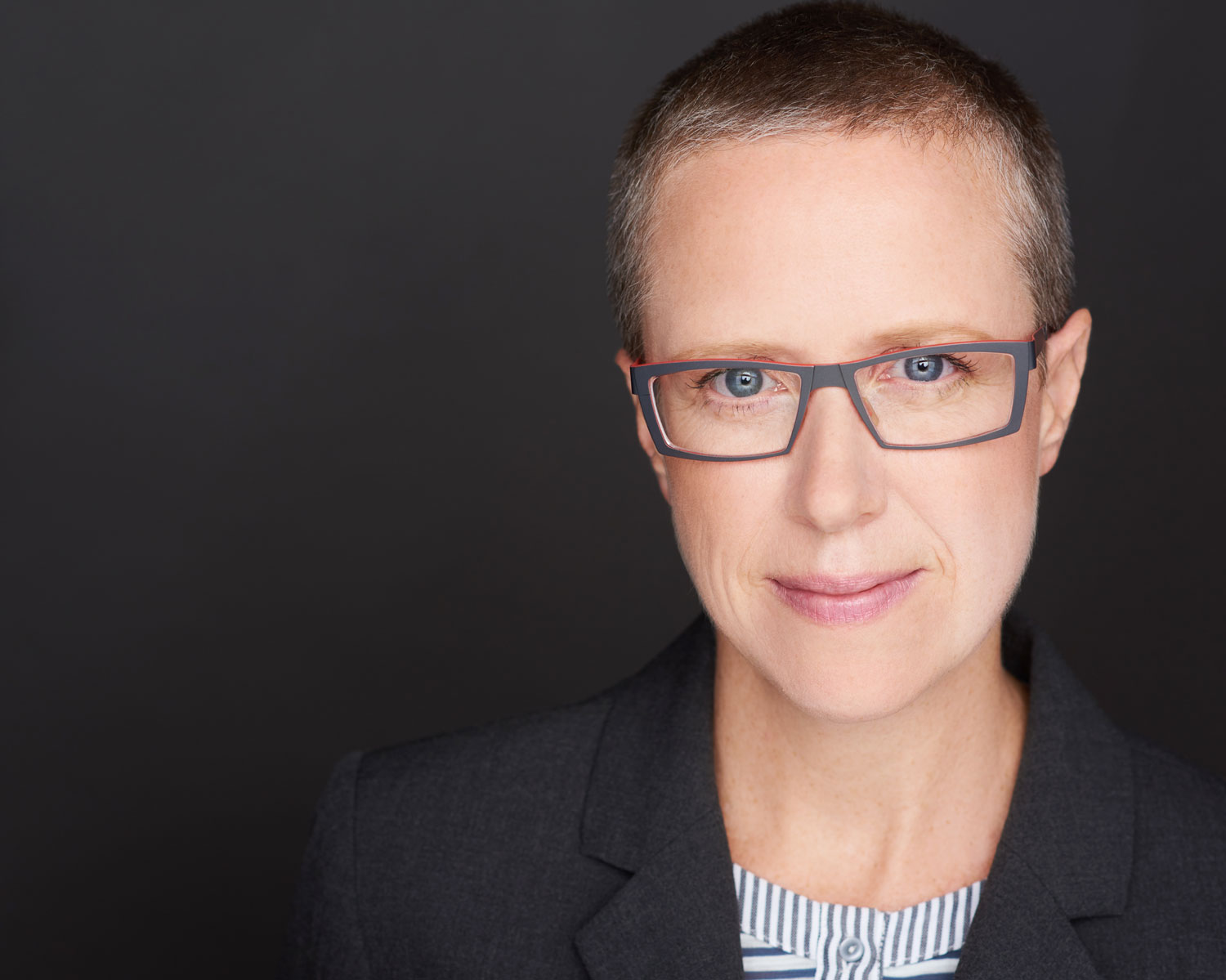
Carol Tyson, Government Affairs Liaison, Disability Rights Education and Defense Fund (DREDF) |
Carol Tyson is Government Affairs Liaison for the Disability Rights Education and Defense Fund (DREDF). Carol provides a necessary in-person presence for DREDF in the nation’s capitol to meet with and inform Congressional and federal agency staff about policy issues, represent DREDF in coalitions and advisory groups, and advance legislation benefiting the disability community. |
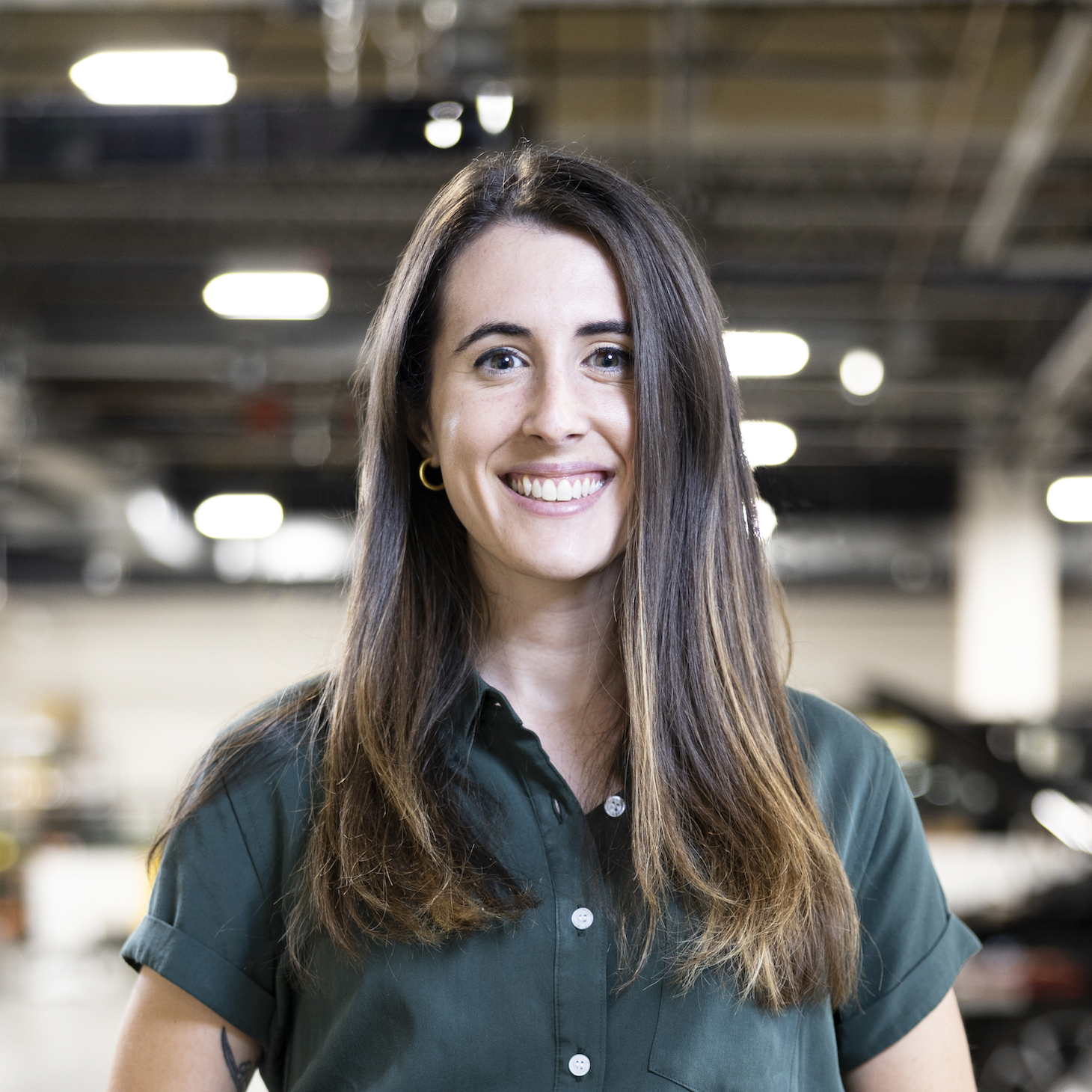
Tara Lanigan, Head of Policy & Advocacy, May Mobility |
Tara Lanigan is the Head of Policy and Advocacy at May Mobility, a self-driving shuttle startup, where she previously led Business Development and Customer Success. She steers May Mobility's policy efforts on workforce development, accessibility, and safety. She has worked at Michigan-based startups for the majority of her career, and received her B.A. in Political Science from the University of Michigan. She serves on the board of Women in Mobility-Detroit. |
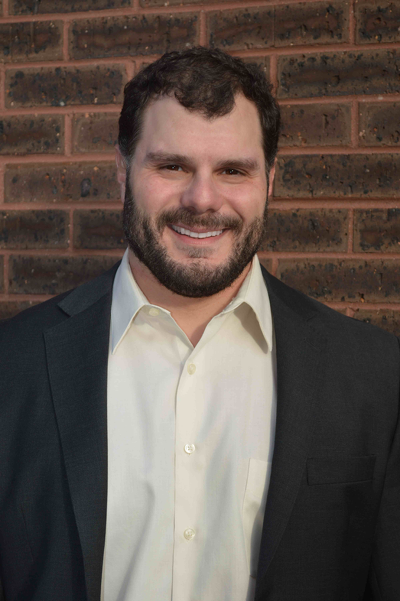
Steve Viscelli, Sociologist, Lecturer University of Pennsylvania |
Steve Viscelli is an economic sociologist who studies work, labor markets, automation, and public policy. He is currently a Faculty Fellow at the Kleinman Center for Energy Policy and Lecturer in the Department of Sociology at the University of Pennsylvania. Steve’s first book The Big Rig: Trucking and the Decline of the American Dream explains how deregulation of trucking and the rise of independent contracting turned trucking from one of the best blue-collar jobs in the US into one of the toughest. His current research looks at the impact of self-driving trucks on truckers and ecommerce on last-mile delivery workers. In addition to his academic research, Steve works with a range of public and private stakeholders to make the trucking industry more efficient, safer and a better place to work. You can learn more about his work here. |
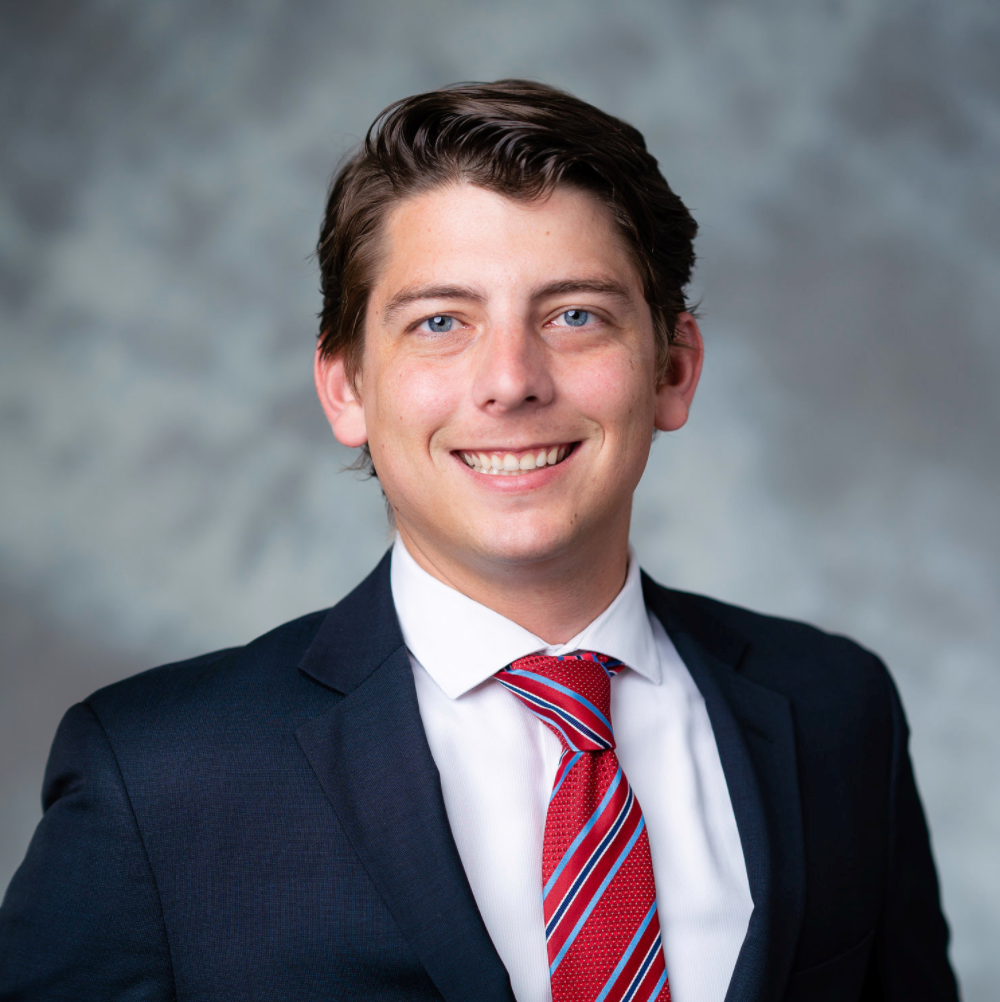
Greg Rogers, Public Policy Manager, Nuro |
Greg Rogers is the Public Policy Manager at Nuro, a robotics company focused on unlocking the benefits of autonomous vehicles for everyday life. In 2017, Greg co-founded The Mobility Podcast, a podcast that explores the intersections between transportation, technology, and policy. Before joining Nuro, Greg was the Director of Government Affairs and Mobility Innovation at Securing America’s Future Energy (SAFE), where he advocated for federal and state policies to support the safe and expeditious deployment of autonomous vehicles, electric vehicles, and other emerging transportation technologies. He was previously the Assistant Editor of Eno Transportation Weekly (ETW) and a Senior Policy Analyst at the Eno Center for Transportation, where he reported on transportation policy developments in Congress, the Administration, and state legislatures. Greg previously worked on both sides of the aisle in the House of Representatives, represented public and private sector clients before Congress, and helped guide POLITICO Pro’s business expansion into federal and state government markets. Greg received his B.A. in Political Economy from the University of California at Berkeley and studied Political Science at the University of Copenhagen, Denmark. |
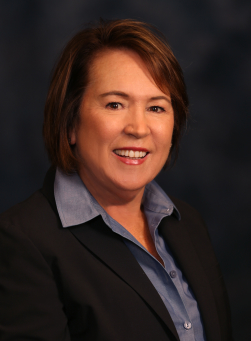
Fran Inman, California Transportation Commissioner, CEO, Majestic Realty Co. |
Fran Inman is Senior Vice President, and has worked as part of the Majestic Realty team for more than two decades. In addition to overseeing the government relations work for the company, Fran also serves as the founding President of the Majestic Realty Foundation. Recognized as a national leader in the transportation sector for her work on the global supply chain, she serves as a member of the California Transportation Commission. Inman also serves on the highly acclaimed National Freight Advisory Committee that reports directly to the US Secretary of Transportation and on the California Freight Efficiency Task Force. In addition to her numerous awards and honors for her work in these areas, Fran was recently awarded Visionary Business Leader of the Year at the region’s Mobility 21 summit. |
Miguel Jaller, Associate Professor, UC Davis Department of Civil and Environmental Engineering, Co-Director UC Davis Sustainable Freight Research Center |
|
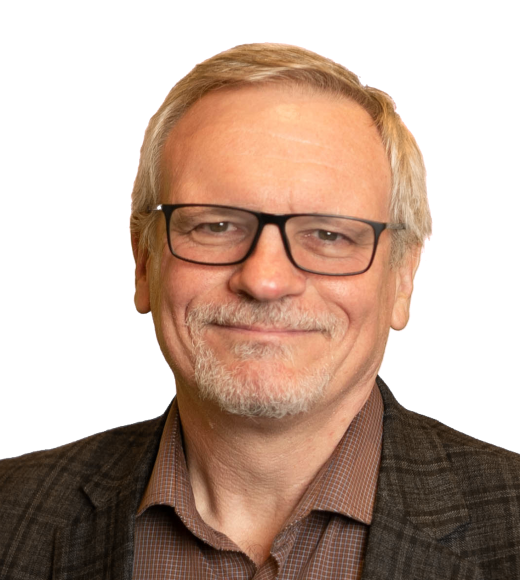
Lew Fulton, Director, Sustainable Transportation Energy Pathways (STEPS+) Program and Energy Futures Program, Institute of Transportation Studies, UC Davis |
Lewis Fulton has worked internationally in the field of transport/energy/environment analysis and policy development for 30 years. He is Director of the Sustainable Transportation Energy Pathways (STEPS+) program and the Energy Futures Program within the Institute of Transportation Studies at the University of California, Davis. There he leads a range of research activities around new vehicle technologies and new fuels. He was a lead author on the recent IPCC 5th Assessment Report, Mitigation (“Climate Change 2014: Mitigation of Climate Change”, transport chapter). Current projects include analyses of electric vehicles, shared mobility, automation, and other drivers of transportation futures. He investigates the costs, energy, GHG, employment and other aspects of changing transportation trends and alternative futures. |
